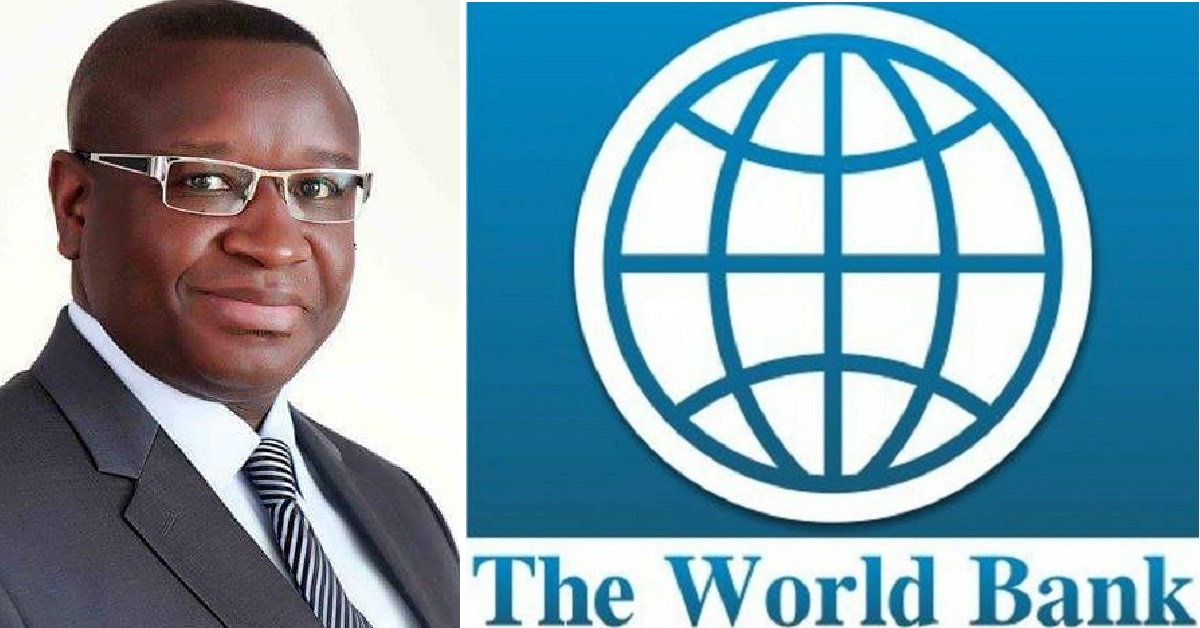President Julius Maada Bio has on Tuesday, 31 January 2023 signed a 75 million United States Dollar project with the World Bank Regional Emergency Solar Power Intervention (RESPITE)
The deal which was signed at Radisson Blu Mammy Yoko Hotel, Aberdeen in Freetown would help finance payments for goods, works, non-consulting and consulting services to be procured under the project.
In his statement, the President described the RESPITE as the beginning of a revolution in energy supply and access in the region and thanked international partners, particularly the World Bank for the stellar initiative.
The President believes that “the signing of the project is just the beginning of a long journey towards a more sustainable and prosperous future for Sierra Leone and the West Africa region. I’m confident that with the support of our partners and the determination of our people, we would be able to achieve our goal of providing clean, green, reliable and sustainable energy to all”
He was gratified that the World Bank had evaluated the pressures of spiralling oil prices in the country and the neighbouring countries and had proposed RESPITE, therefore bemoaned the persistent and formidable challenges that confront sub-regional efforts in expanding economics.
“We in the sub-region bear some of the greatest burdens of the Russia-Ukraine conflict and the resulting economic impact. We are facing higher prices for our mainly fossil-fuel powered energy sector, shrinking investments and development assistance, among others’’
According to him, they are paying far more for energy now than they were 18 months ago, and those very high and rising energy prices continue to have an adverse impact on other sectors of the economy.
President Bio continued that his government is working with global commitment and climate change, adding that his government remains open to cleaner energy transitions and their countries are open to investmentin building greener and more sustainable energy futures.
Sheku A.F Bangura, Minister of finance, said the project is a vital component of their efforts not only to diversify their energy mix in the country or across the region on fossil fuel, but to also reduce the bond project across countries.
The Finance Minister maintained that the project is geared towards supporting the installation of solar and battery storage facilities, 5-year contracts for the provision of solar supply, grid connection, modernization and upgrade, and extension of hydropower capacity.
He underscored that the project would be one of the biggest renewable energy project after Bumbuna hydro project which now have enough solar projecs across the country.
Out of 40 megawatts, Newton would have 32 megawatts and Lungi would also have 10 megawatts which would add to their energy component and help people connect to electricity at a cheaper and sustainable rate.
In her statement, World Bank Director for Regional Integration for Sub-Saharan Africa, Boutheina Guermazi said countries in West Africa have historically relied on, oil-based emergency power plants to meet growing demand, stating that aside from its adverse impact on the climate; oil-based generation is costly resulting in very high tariffs for everyday consumers.
She further said about 565 million build people in Sub-Saharan Africa are living without access to electricity; 220 million of those are in West Africa where electricity costs are among the highest on the continent and access to affordable, reliable, sustainable and clean energy remains the overriding priority for the region.
Guermazi further said that Chad, Liberia, Sierra Leone and Togo have come together to forge a new path that offers a huge term, green and yet more affordable approach to this crisis.
She said the Regional Emergency Solar Power Intervention project is part of the solution towards that objective, adding that for countries to be part of the event have demonstrated how critical the energy needs are in the region and how urgent it is to implement solutions.











